Board Game Day
Key Steps for Planning a Board Game Activity:
- Skill level: Are you playing with experienced gamers, casual players, or a mix?
- Group size: How many people will be playing?
- Interests: What themes or mechanics are likely to appeal to the group (fantasy, historical, party games, cooperative play)?
-
Consider game length:Do you want a quick game, a longer strategic experience, or something in between?
-
Game mechanics:Explore options like resource management, card drafting, tile placement, dice rolling, or storytelling depending on preference.
-
Browse your collection or research new options:Check online reviews and recommendations for games that fit your group dynamics.
- Gather necessary components: Ensure all game pieces, cards, and instructions are present and in good condition.
- Read the rules: Familiarize yourself with the game mechanics and any special rules.
- Choose a suitable location: A comfortable space with enough room to spread out the game components.
- Organize the game: Place the board, player pieces, and cards in easily accessible positions.
- Clearly explain the objective: What does a player need to do to win?
- Go through key mechanics: Explain how to take turns, play cards, move pieces, and resolve actions.
- Address any questions: Be prepared to answer questions about rules or gameplay.
- Theme(s): Select games with a common theme like fantasy, sci-fi, or mystery.
- Variations and expansions: Check if there are any optional rules or expansions to add complexity or variety.
- Snacks and drinks: Provide refreshments to enhance the game experience.
Ideas for Games
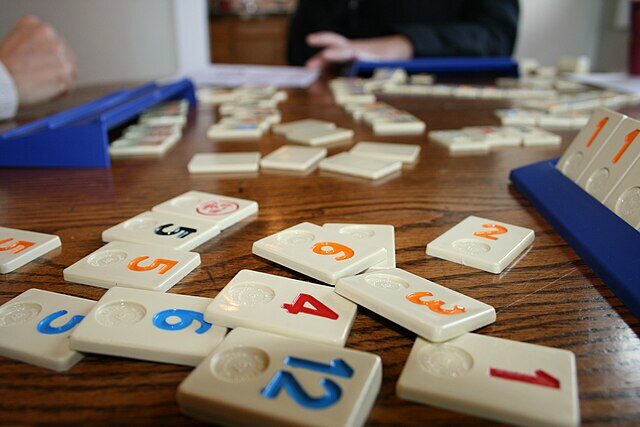
Rummikub
Rummikub is a tile-based game where players create sets and runs of numbered tiles to be the first to empty their rack. It combines elements of rummy and mahjong.
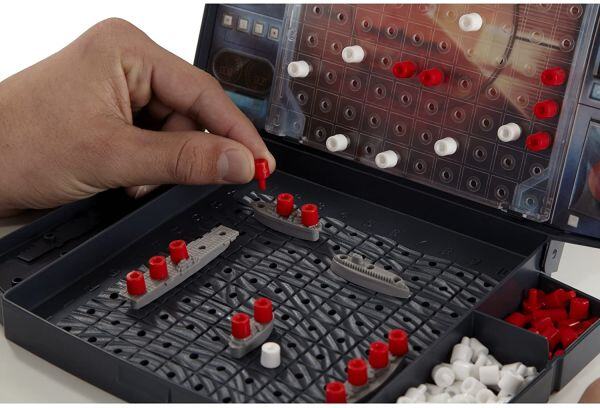
Battleship
Battleship is a strategy game where players take turns guessing coordinates to locate and sink each other's hidden fleet. The first to sink all opponent's ships wins.
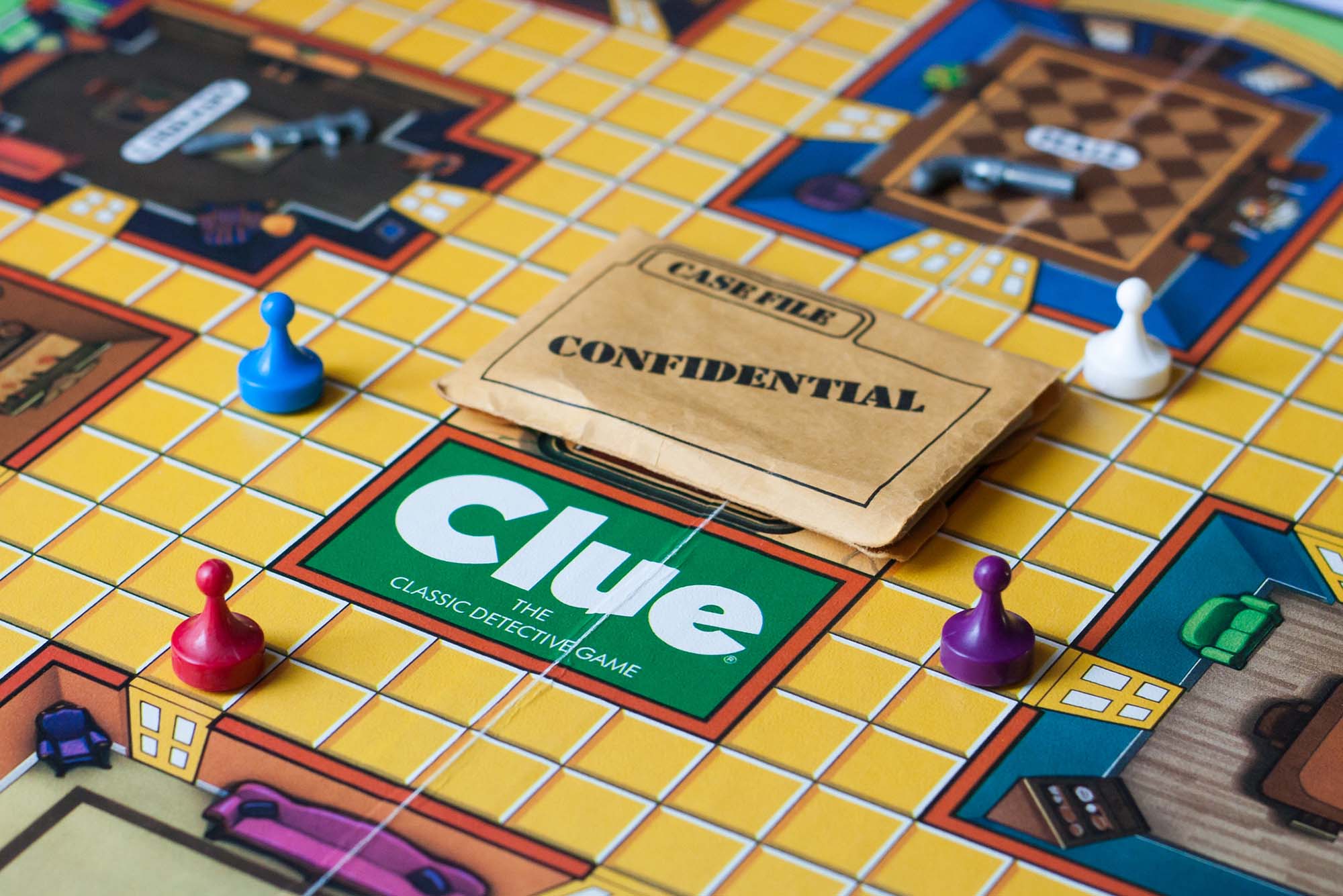
Clue
Clue is a murder mystery board game where players deduce the killer, weapon, and location through strategic questioning and deduction.
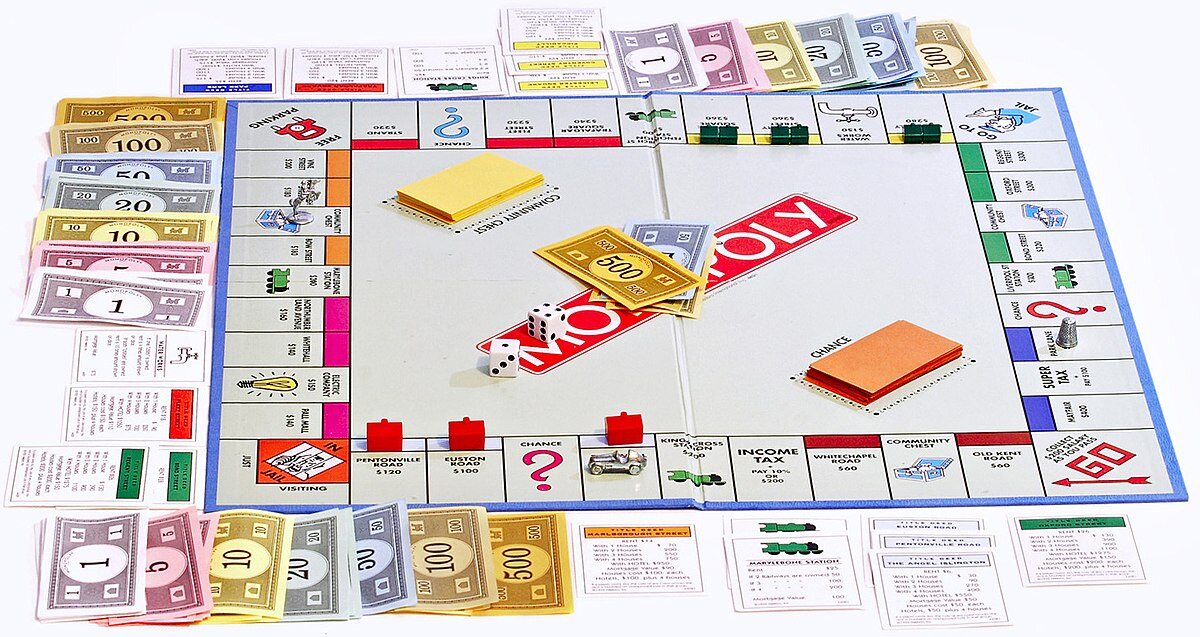
Monopoloy
Monopoly is a classic board game where players buy, trade, and develop properties to bankrupt opponents. The last player with money wins.
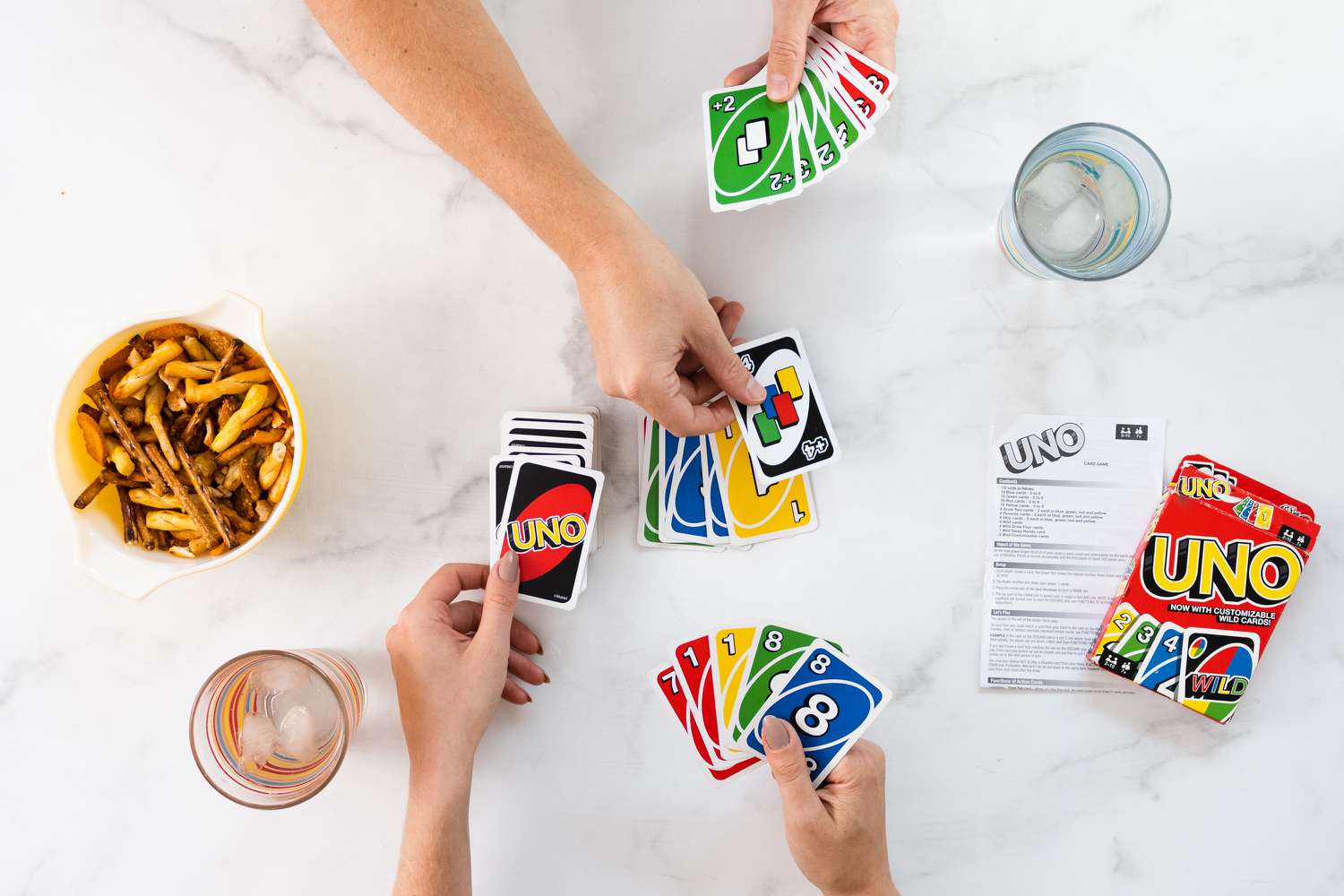
UNO
UNO is a fast-paced card game where players match colors or numbers to discard their cards, using special action cards to disrupt opponents. The first to empty their hand wins.
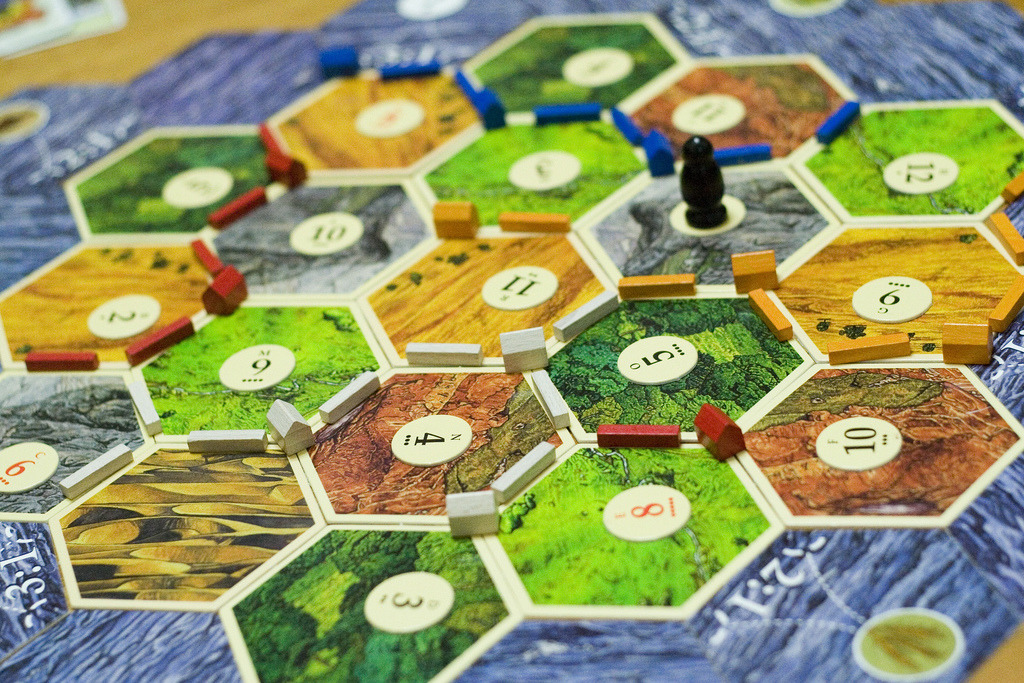
Catan
Catan is a strategy board game where players collect resources, build settlements, and trade to earn victory points. The first to reach a set number of points wins.
Interested in Considering Other Games?
Explore the link below for some more ideas to create an awesome Board Game Day experience for your team.
